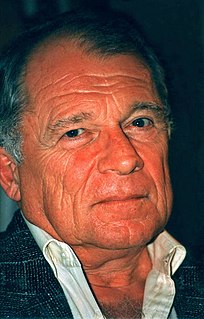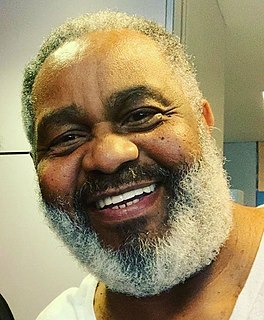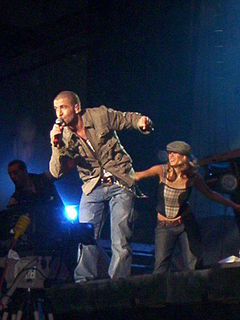A Quote by Julie Payette
Definitely you don't become famous by doing something bad; that's a professional death sentence.
Quote Topics
Related Quotes
Historically, actors have been made very famous for roles that were something that was far - - Richard Widmark comes to mind (playing Tommy Udo in "Kiss of Death") or something like that, where you do some famous role and everybody imitates you for the rest of your life. But obviously it's much more fun to play something you're not than it is to play something you are.
To hell with your cancer. I've been living with cancer for the better part of a year. Right from the start, it's a death sentence. That's what they keep telling me. Well, guess what? Every life comes with a death sentence, so every few months I come in here for my regular scan, knowing full well that one of these times - hell, maybe even today - I'm gonna hear some bad news. But until then, who's in charge? Me. That's how I live my life.
First of all, as a professional, you can run around saying "artists, schmartists" as much as you want. But I'm a professional, so if somebody hires me for something, I'm going to bring my best to it. They've hired me, I'm professional, I show up on time, I do my job. That's what we're doing. So in that sense, it's always both things.
Americans respect talent only insofar as it leads to fame, and we reserve our most fervent admiration for famous people who destroy their lives as well as their talent. The fatal flaws of Elvis, Judy, and Marilyn register much higher on our national applause meter than their living achievements. In Amerca, talent is merely a tool for becoming famous in life so you can become more famous in death - where all are equal.
































